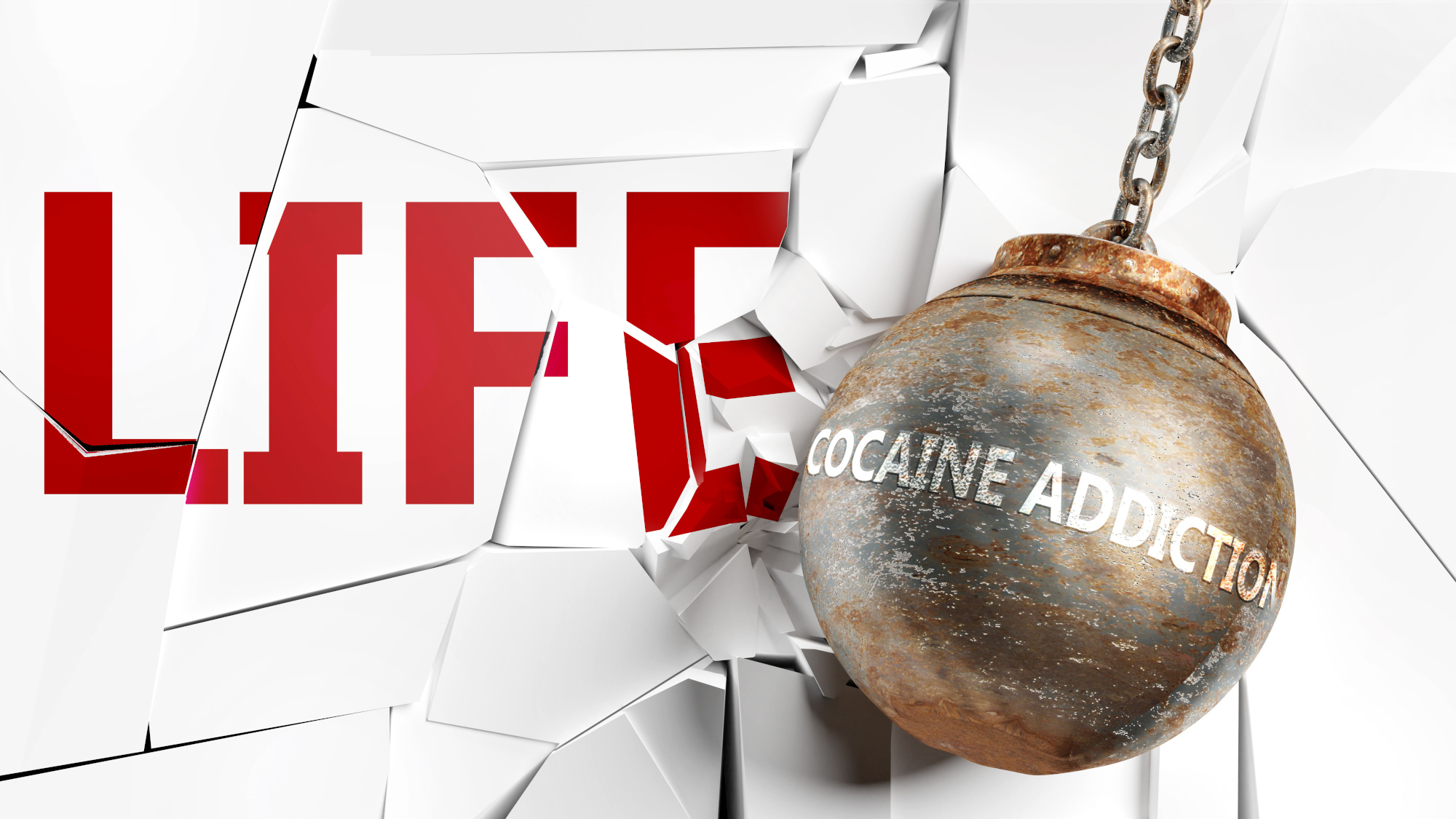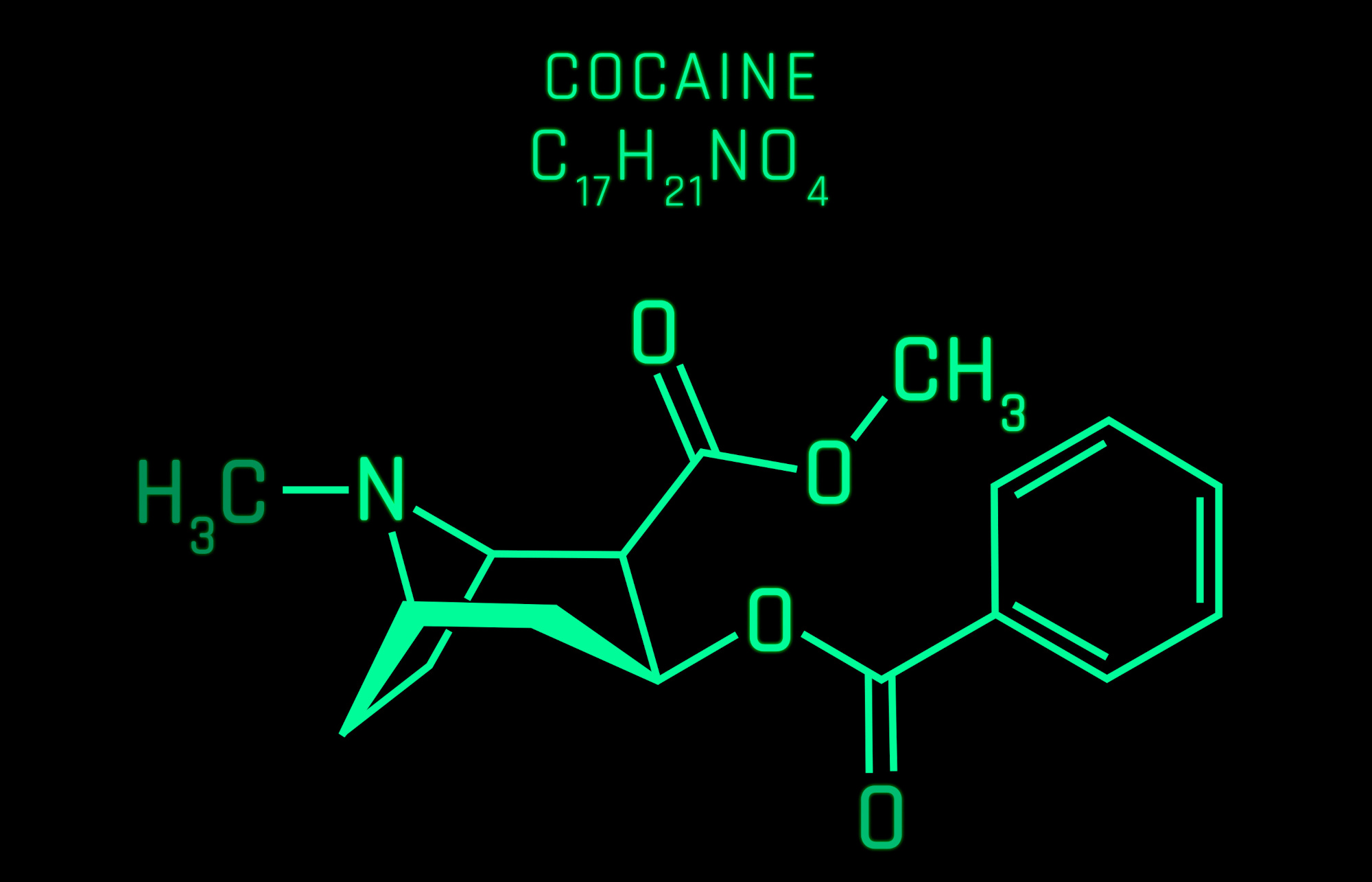Are you using cocaine night after night and can’t seem to stop?
Though cocaine may seem like a fun thing to do at parties or when you’re hanging with friends, cocaine is a potent substance that can be terrible for your health.
So, is cocaine addictive?
Yes, cocaine is a powerful stimulant that can be very addictive. Below, we’ll look at how addictive cocaine can be, as well as the risk factors of having a cocaine addiction.
Understanding Cocaine
Cocaine comes from the coca plant and normally looks like a white powder. When people take cocaine, they typically snort it, smoke it, or even ingest it. Cocaine has an intense effect on your brain. The drug rapidly increases dopamine levels, a neurotransmitter known as the “feel good” chemical, which can make you feel a short burst of happiness or euphoria. It can also make you feel more energized and alert.
Cocaine often causes an intense high, but it is very short-lived. So, to keep the high going, many people take the drug over and over again, often multiple times in one night. This repeated use can cause cocaine dependence. Cocaine is hard on your body, can cause many health issues, and can put you at risk for a heart attack, stroke, and mental health disorders, so it’s crucial to get help if you’re struggling with dependence.
Risk Factors for Cocaine Addiction
There are certain risk factors to think about when determining if you have a cocaine dependence, including:
Frequency of Use
Are you using cocaine multiple times a month or a few times a week? Repeated cocaine use can cause a dependence on the drug. It’s also important to think about how you ingest the substance. Smoking or injecting cocaine can cause a quicker, more intense high, which can easily make you addicted.
Genetics and Family History
If you have a family history of substance abuse or if you suffered from a substance abuse addiction in the past, then you are more likely to become addicted to cocaine. Specific genes can also make you more susceptible to addiction. It may be helpful to look into your family history and see if any other people in your family have had issues with substance abuse.
Environment
It’s also worth looking at your life and the environment you surround yourself in. Do you tend to do cocaine with your friends? Does it feel like they are pressuring you to do the same drugs that they do? Peer pressure or hanging out with friends who do cocaine can affect your chances of developing a cocaine addiction. Going through a stressful time or lacking a helpful support system can also contribute to dependence.
Age of First Use
When did you start using cocaine? If you started using cocaine at a young age, like during your adolescent years, then you have a higher chance of becoming addicted to it. Cocaine is a powerful substance and can interfere with brain development and make you more dependent on the drug.
Mental Health Disorders
Do you suffer from mental health conditions like depression, anxiety, or PTSD? Sometimes, people use cocaine to self-medicate, which can make it more difficult to stop.

Signs of Cocaine Addiction
If you’re trying to figure out if you or a family member have a cocaine addiction, please know that it can look different in everyone, but recognizing the signs of a cocaine addiction can help you or a loved one get the help you need.
Some common signs of cocaine dependence include:
- Intense craving for the drug
- Finding it hard to think about anything other than the next time you are going to use cocaine
- Obsessive thoughts about the drug, signifying a dependence
- Neglecting responsibilities:
- Skipping work
- Refusing to spend time with friends or family
- Increased tolerance, needing more drugs to get the same high
- Engaging in risky or illegal behaviors that could put your safety at risk
- Feeling it’s impossible to stop using cocaine
- Experiencing withdrawal symptoms when stopping:
- Fatigue or extreme tiredness
- Depression
- Feeling easily agitated and upset
Treatment for Cocaine Addiction
You don’t have to struggle any longer with a cocaine addiction. Our cocaine treatment in Southern California offers evidence-based treatments to help clients tackle their addiction once and for all. With two gorgeous locations in Orange County and San Diego, SCRC is the perfect place to get sober.
At SCRC, we believe treatment should be tailored to the individual, so we offer many programs to help you get back on your feet, from detox to residential to outpatient treatment.
You don’t have to suffer from your addiction any longer. Our cocaine treatment in Southern California meets you where you are. Have questions? You can learn more about our treatments or get on the phone with our admissions team, who can walk you through our programs and answer any questions you may have.
Cocaine is a highly addictive substance, but it doesn’t have to ruin your life. You can get the help you need to overcome your addiction. At SCRC, we are passionate about helping people get on the road to sobriety and rebuild their lives free from addiction. Reach out today.
Sources:
National Library of Medicine (2005) The Neurobiology of Cocaine
American Addiction Centers (2024) Signs & Symptoms of Cocaine Use
Southern California Recovery Centers
Southern California’s Premier Outpatient Addiction Recovery Center



